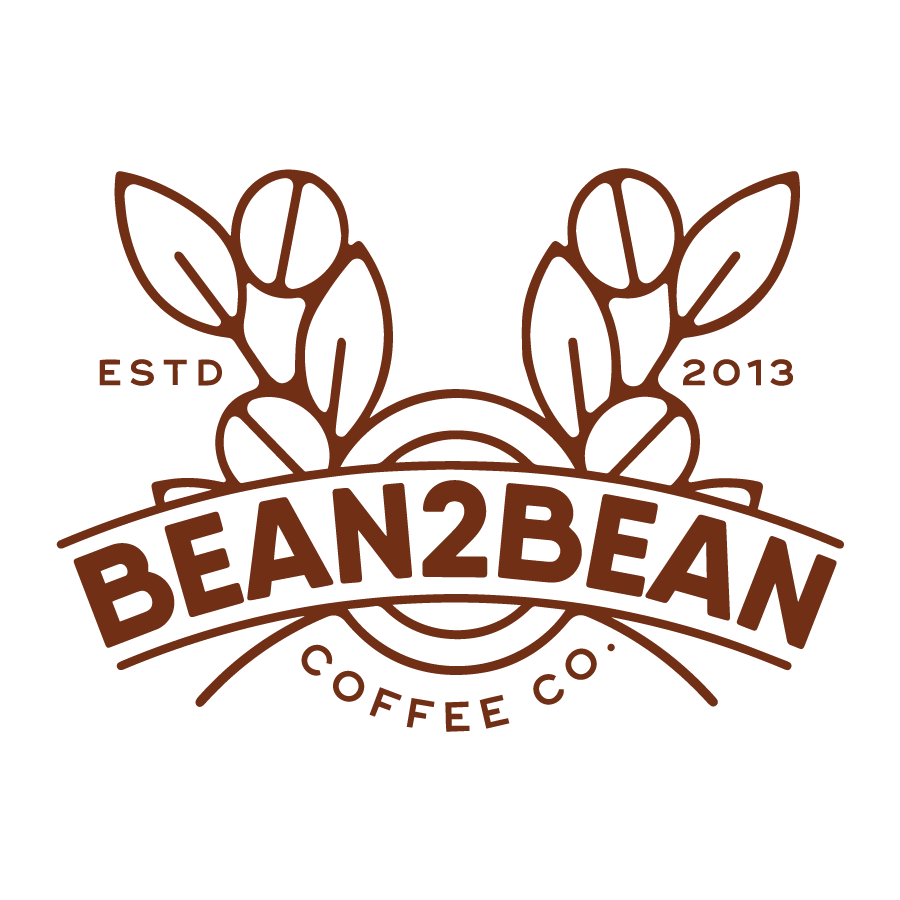Coffee Knowledge by Obel Hernandez Sr.
This blog post will address the difference between washed/processed coffee and natural preparation, as well as the difference between Arabica and Robusta coffees, how defects affect product quality, and why specialty coffee is more costly than commercial coffee.
A farmer harvests ripe coffee fruits.
Coffee beans processed using the natural process, also known as the dry method.
Washed Coffee vs. Natural Coffee
Washed coffee, also known as the wet process, refers to a processing method where coffee fruits are mechanically de-pulped, and the fleshy fruit, called mucilage, is washed off to reveal the raw bean inside.
In contrast, the natural process is known as the dry method, meaning there’s no water used to remove the pulp from the bean. The coffee is typically laid out on concrete patios to sun-dry with the fruit still on it. Once dried, the coffee is mechanically milled to expose the green beans.
Arabica Coffee
A higher elevation coffee farm.
The Arabica plant is a descendant from the original coffee trees discovered in Ethiopia. These trees produce a fine, mild, aromatic coffee and represent approximately 70% of the world's coffee production. The beans are flatter, more elongated, and lower in caffeine than Robusta beans. On the world market, Arabica coffees are more desirable and bring the highest prices. The better Arabicas are grown at a higher elevation, generally between 2,000 to 6,000 feet above sea level. The optimal altitude varies with proximity to the equator. Higher altitudes mean slightly cooler climates, which greatly affects the overall taste and quality of the coffee. Temperatures must remain mild, ideally between 59 - 75 degrees Fahrenheit, with about 60 inches of rainfall a year. The trees are somewhat hardy, but a heavy frost will kill them.
New green coffee fruit.
Arabica trees are costly to cultivate because the ideal terrain tends to be steep and access is difficult. These trees are also more disease-prone than Robusta trees, and require additional care and attention, which contributes to Arabica’s higher prices.
Ripening coffee fruits ready to be harvested.
Robusta Coffee
A lower elevation coffee farm.
The Robusta plants produce Robusta coffee beans, which are rounder, smaller, and higher in caffeine than Arabica beans. They can also have a more bitter flavor with a strong peanut aftertaste, and are commonly used in coffee blends or instant coffee. Robusta plants are mostly grown throughout Central and Western Africa, Southeast Asia, and Brazil where temperatures are warmer with more rainfall. Unlike Arabica, Robusta plants are more hardy and easier to grow, and are more resilient to parasites and diseases. They are also cheaper to harvest, which leads to Robusta beans being less expensive than an Arabica bean.
Imperfections
Coffee farmers sort out defective beans to provide the best quality product.
Defected raw coffee beans constitute a bean that is an incomplete or non-whole green bean. Some major defects include black beans and sour beans, while immature beans and broken beans are classified as minor defects. Non-coffee items such as “sticks and stones” and other debris that form inside the coffee fruit are discarded.
Major defects will affect the finished coffee product, but some minor defects may not. Commercial coffee typically incorporates 23 or more defects, whereas specialty coffee hovers around eight or less. Eliminating as many defects as possible produces a better quality coffee, and this extra care and attention makes specialty coffee more expensive than commercial coffee. At Bean2Bean, we are proud to offer a product that has close to zero defects to bring you the best quality coffee possible.







